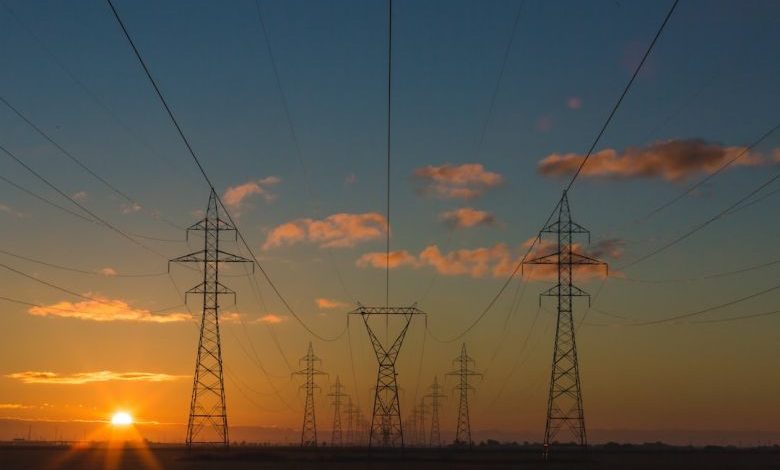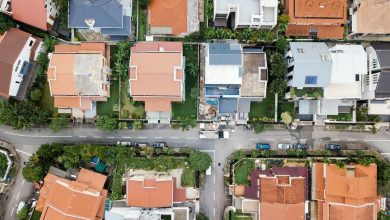What Are Some Smart Home Devices for Energy Saving?

In today’s world, where energy consumption and environmental sustainability are major concerns, smart home devices have become an increasingly popular way to save energy and reduce our carbon footprint. These devices are designed to help homeowners monitor and control their energy usage, resulting in significant savings on utility bills. From smart thermostats to energy-efficient lighting, here are some of the top smart home devices that can help you save energy and money.
Smart Thermostats: Taking Control of Your Heating and Cooling
One of the biggest energy consumers in any home is the HVAC system. Smart thermostats are designed to optimize the heating and cooling of your home, ensuring that you only use energy when it’s needed. These devices can learn your preferences and adjust the temperature accordingly, saving energy by avoiding unnecessary heating or cooling. Some smart thermostats can even be controlled remotely via smartphone apps, allowing you to adjust the temperature while you’re away from home.
Energy Monitoring Systems: Understanding Your Energy Usage
To effectively reduce your energy usage, you first need to understand where and how you’re using energy in your home. Energy monitoring systems provide real-time data on your energy usage, allowing you to see which appliances or devices are using the most energy. With this information, you can make informed decisions about how to reduce your energy consumption. Some energy monitoring systems can even provide recommendations on how to optimize your energy usage, helping you save even more.
Smart Power Strips: Eliminating Vampire Power
Did you know that even when appliances and devices are turned off, they can still consume small amounts of energy? This phenomenon, known as vampire power or standby power, can add up over time and contribute to your overall energy consumption. Smart power strips are designed to eliminate vampire power by cutting off power to devices when they’re not in use. These power strips can be programmed to turn off power to certain outlets at specific times or when devices are not in use, helping you save energy without any effort.
Smart Lighting: Brightening Your Space Efficiently
Traditional incandescent light bulbs consume a lot of energy and generate a significant amount of heat. Smart lighting systems, on the other hand, use energy-efficient LED bulbs that consume less electricity and last longer. These systems allow you to control your lights remotely, schedule them to turn on or off at specific times, and even adjust their brightness. With smart lighting, you can optimize your energy usage by only lighting up the rooms that are in use, saving energy and reducing your electricity bill.
Smart Power Adapters: Managing Your Energy Usage
Many of us have a habit of leaving our devices plugged in, even when they’re fully charged. This not only wastes energy but can also shorten the lifespan of our devices’ batteries. Smart power adapters are designed to manage your energy usage by automatically cutting off power to your devices when they’re fully charged. Some adapters can even be programmed to charge your devices during off-peak hours when electricity rates are lower. By optimizing your device charging, you can save energy and extend the lifespan of your devices’ batteries.
Smart Irrigation Systems: Efficient Watering for Your Garden
While not directly related to energy consumption, smart irrigation systems can help you save water, which indirectly contributes to energy savings. These systems use weather data and soil moisture sensors to determine when and how much to water your lawn or garden. By watering your plants only when necessary and avoiding overwatering, you can conserve water and reduce the energy required for water treatment and transportation.
In conclusion, smart home devices offer a wide range of energy-saving benefits. From controlling your heating and cooling to monitoring your energy usage and optimizing your lighting, these devices can help you save energy and reduce your carbon footprint. By investing in smart home devices, you not only save money on your utility bills but also contribute to a more sustainable future. So why not make your home smarter and more energy-efficient today?




